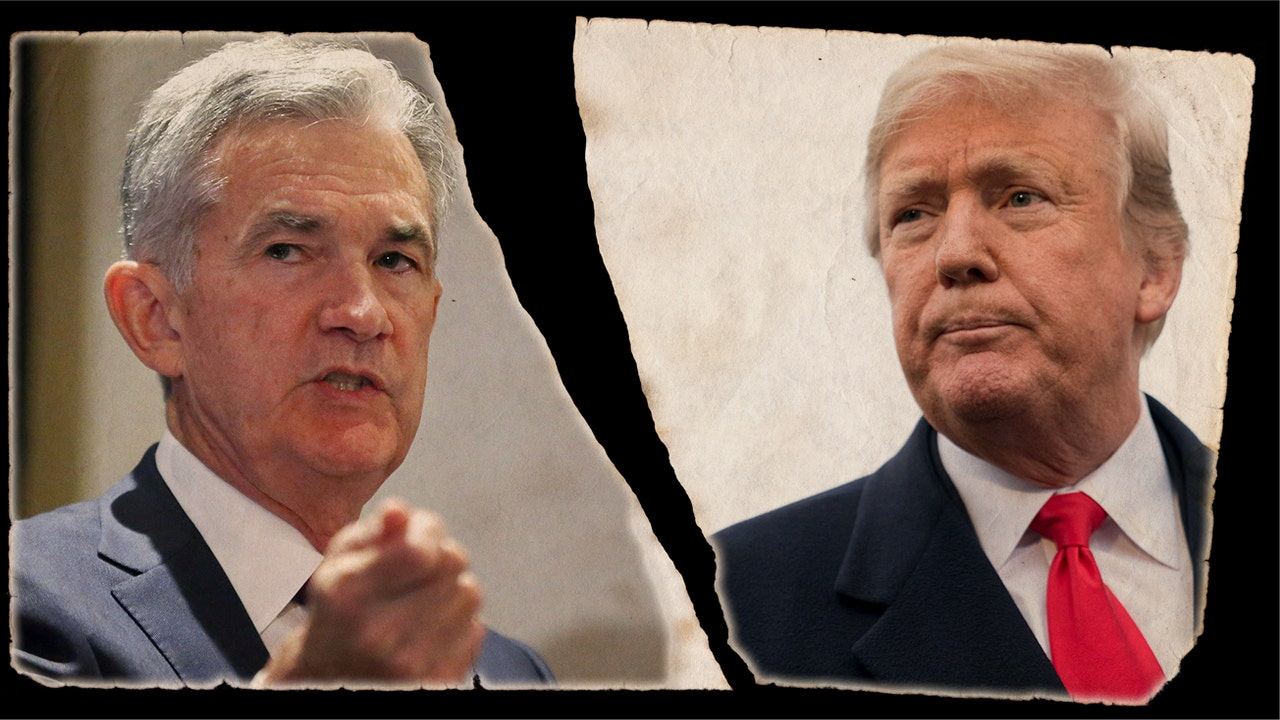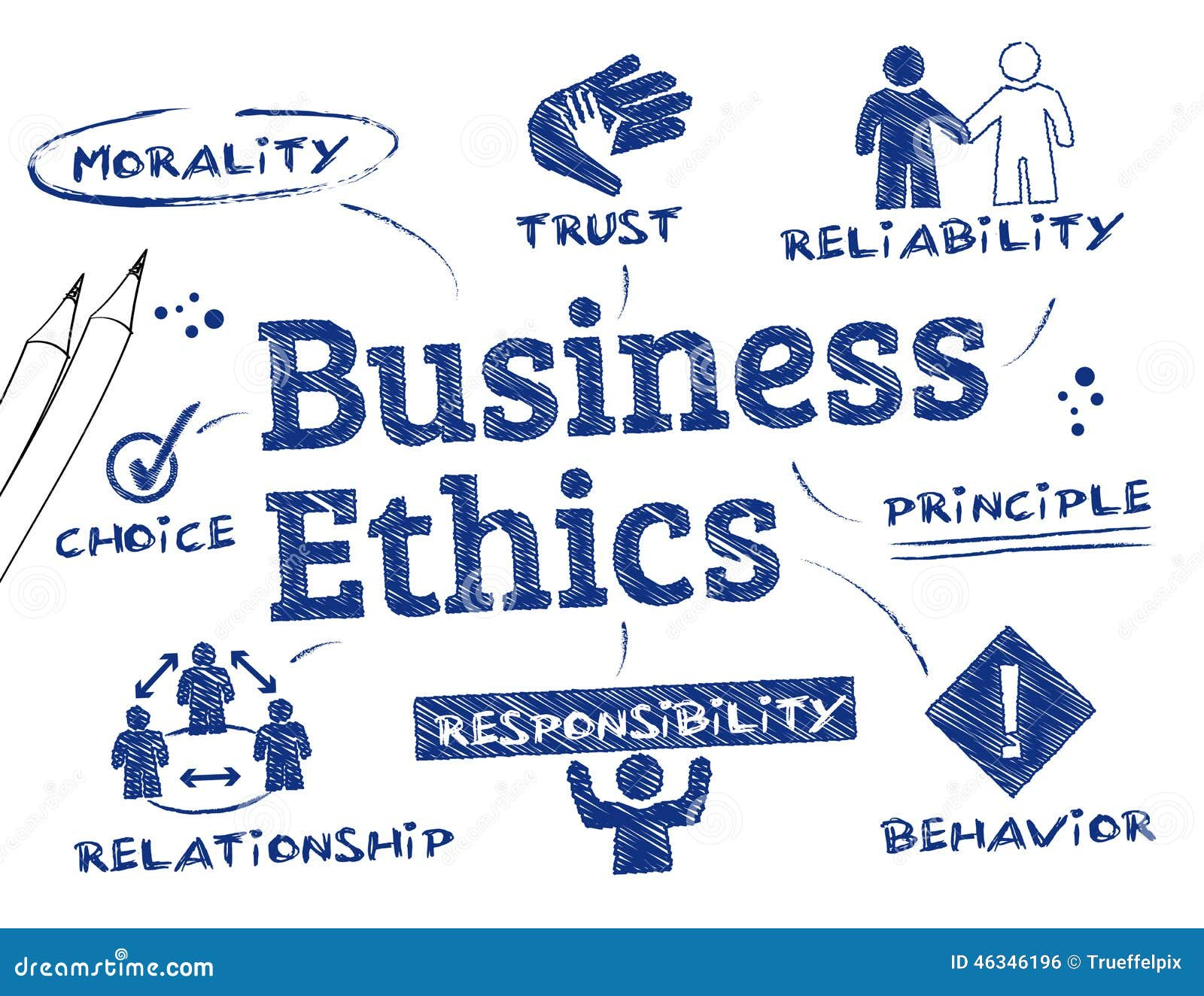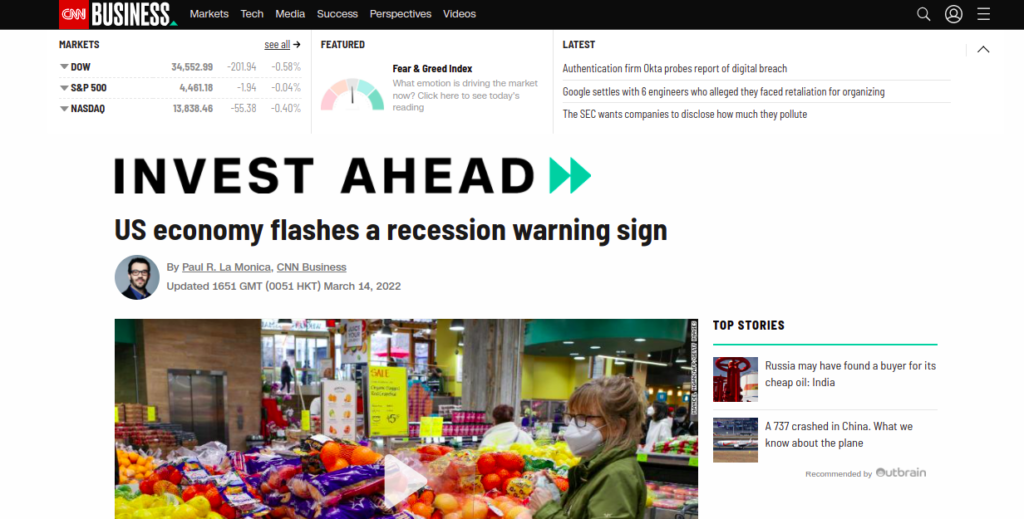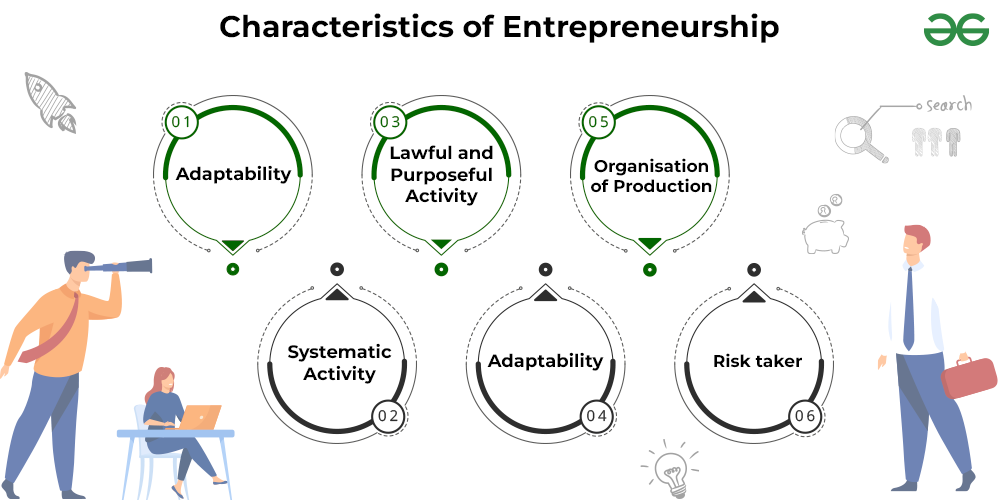**Can Trump fire Fed chairman?** This question has been a topic of heated debate, especially as President Trump’s relationship with Federal Reserve Chair Jerome Powell has been fraught with tension. Critics argue that any attempt to remove Powell could jeopardize Federal Reserve independence, a core principle designed to shield monetary policy from political interference. The ramifications of a Jerome Powell termination could ripple through the stock markets, with analysts predicting significant fallout if Trump were to follow through on such a drastic move. Ultimately, the intersection of monetary policy and Trump’s presidency raises important questions about executive authority and the future of economic regulation in the United States.
The possibility of a president dismissing the leader of the Federal Reserve has sparked critical conversations about the balance of power in economic governance. This topic resonates deeply within discussions of the autonomy of the central bank and the potential consequences of replacing its chair. The term ‘Fed chair removal’ evokes concerns among economists and lawmakers alike, particularly regarding how such a decision might skew monetary policy. Market stability hinges on the Federal Reserve’s credibility, and any shifts in leadership could lead to broader implications for inflation and interest rates under Trump’s administration. Understanding the dynamics of monetary leadership and its relationship with presidential influence is essential to grasping the intricate workings of the U.S. economy.
Understanding Trump’s Relationship with the Federal Reserve
The relationship between President Trump and the Federal Reserve has been turbulent, marked by public disagreements on monetary policy and economic strategy. From his initial nomination of Jerome Powell in 2017, Trump often criticized Powell’s stance on interest rates, arguing that the Fed was not doing enough to stimulate economic growth. This conflict highlights a tension between the administration’s desire for aggressive monetary policy measures and the Fed’s mandate to maintain economic stability and lower inflation. Investors and analysts have closely observed these interactions, recognizing that Trump’s critiques could influence financial markets and policy approaches.
Moreover, the president’s approach to the Federal Reserve raises essential questions about central bank independence. Trump’s frequent public comments about interest rates and monetary policy suggest a desire for more direct influence over the bank’s decisions. Financial markets are sensitive to this dynamic, as any perceived attempts by the administration to intervene in Fed operations could lead to increased volatility. Investors worry that a less independent Federal Reserve could prioritize short-term economic gains over long-term stability, thereby affecting confidence in the U.S. economy as a whole.
Can Trump Fire Fed Chairman Jerome Powell?
The question of whether President Trump can fire Federal Reserve Chairman Jerome Powell is fraught with legal and political implications. According to the Federal Reserve Act, while governors can be removed for cause, it remains ambiguous whether this applies to the chair. Legal scholars argue this could lead to significant repercussions for the perception of the Federal Reserve’s independence and its capability to implement effective monetary policy. Trump’s previous hints at removing Powell have generated considerable anxiety in financial markets, leading many to speculate on the potential fallout of such a decision.
Furthermore, if Trump were to proceed with attempts to terminate Powell, the implications could be profound. The market’s reaction would likely be immediate and negative, reflecting fears about potential shifts in monetary policy direction. Financial analysts suggest that undermining the independence of the Federal Reserve could deter investment, create market instability, and increase long-term interest rates as investors seek greater premiums due to perceived risks. Thus, while the legal avenues for removing Powell might be explored, the practical consequences could serve as a disincentive for the administration.
The Legal Grounds for Removing a Fed Chair
Legally, the grounds for removing a Federal Reserve chair like Jerome Powell are subject to interpretation and precedent. The original Federal Reserve Act established the independence of the central bank and implied certain protections for its governors. However, recent Supreme Court decisions have raised questions about the extent of this independence, particularly following the Seila Law case, which challenged the constitutionality of for-cause removal protections. This evolving legal landscape means that the potential for Trump’s administration to act against Powell is uncertain and could be contested in court.
Additionally, should Trump move forward with an attempt to remove Powell, the legal battles that would ensue could further complicate monetary policy during a critical economic time. Many experts argue that the resulting instability could align with broader concerns of undermining the effectiveness of the Fed’s policies. With time running out on Powell’s term, some suggest that waiting for a more favorable opportunity to appoint a successor may ultimately be the wiser course of action for the Trump administration.
Market Reactions to the Potential Removal of Powell
The mere speculation of Jerome Powell’s potential removal has historically rattled markets, reflecting the deep-seated fears of economic instability. Wall Street tends to favor a central bank that operates with a clear mandate and independence from political pressures. Any movement toward removing Powell, particularly in the context of Trump’s criticisms regarding interest rates, could lead to a loss of credibility for the Fed in the eyes of investors. Such perceptions can dramatically influence investor behavior, leading to sell-offs and increased volatility in bond and equity markets.
Moreover, long-term interest rates could spike should investors interpret Powell’s removal as an indication of a shift towards looser monetary policies aimed at short-term economic growth, which could exacerbate inflationary pressures. Analysts suggest that maintaining a stable and predictable monetary policy is crucial for sustaining investor confidence and economic growth. Thus, the threat of a Fed Chair removal could not only undermine trust in the central bank but could also destabilize the economic landscape that Trump aims to cultivate.
The Role of the Federal Reserve in Economic Stability
The Federal Reserve plays a critical role in overseeing monetary policy in the U.S. and maintaining economic stability through its control of interest rates and regulation of banking institutions. The independence of the Fed allows it to make objective decisions that are in the nation’s long-term economic interest, free from political influence. This independence is essential, especially during periods of economic uncertainty, as it enables the Fed to implement necessary measures without fear of political retribution.
Central bank independence also enhances the credibility of monetary policy in the eyes of investors and consumers alike. For instance, if the Fed is perceived to be responding primarily to political pressures, it may lose its effectiveness in controlling inflation and fostering sustainable growth. As Trump continues to communicate his views on monetary policy, the importance of preserving the independence of the Federal Reserve becomes increasingly critical to maintaining overall economic health and investor confidence.
Implications of Leadership Change at the Fed
A transition in leadership at the Federal Reserve can have far-reaching implications for monetary policy and economic perceptions. Should Jerome Powell be replaced, even if a similar policy approach is maintained by the new leader, the market may question the Federal Reserve’s commitment to its long-standing goals of price stability and employment. This uncertainty has the potential to disrupt investments and could lead to increased volatility in financial markets, as seen in past leadership changes.
Moreover, if the new chair embodies a more accommodating monetary policy, it could send mixed signals to the market about the Fed’s independence and objectives. Investors often respond to leadership dynamics with caution, aware that shifting policies can impact interest rates and overall economic growth. Consequently, the identity of Powell’s successor will be closely scrutinized, as the ramifications of the appointment could reverberate through the economy for years to come.
Public Perception of Fed Independence
Public confidence in the Federal Reserve’s ability to carry out its duties effectively is crucial for the economy’s stability. The perception that the Fed operates independently from political influences can bolster investor trust, leading to a more stable economic environment. Conversely, if the public believes the Fed is subject to political pressures, this perception could undermine its authority and effectiveness. Given Trump’s vocal critiques of the Fed and its current chairman, the potential for erosion of this public perception could have damaging consequences.
Restoring and maintaining trust in the Federal Reserve’s unique role requires a clear commitment to its independence. Educational efforts geared toward increasing public awareness regarding the Fed’s structure and decision-making processes may help mitigate concerns related to political influence. Ultimately, solidifying the Fed’s reputation as a neutral, independent arbiter of monetary policy may be essential to sustaining economic growth and avoiding discontent in financial markets.
Future of U.S. Monetary Policy under Trump
As President Trump continues to navigate complex economic landscapes, the future of U.S. monetary policy may hinge on the interplay between political strategy and economic realities. Observers note that Trump’s tendencies toward deregulation and advocacy for lower interest rates could shape the Fed’s policy decisions and influence the central bank’s broader mission. However, it remains crucial for Trump to consider the long-term ramifications of any adjustments to the Fed’s operational framework.
The potential effects of Trump’s policies on inflation and economic growth are not just theoretical; they resonate strongly in the practical decisions made by the Federal Reserve. To ensure sustained economic growth, balancing Trump’s fiscal agendas with the Fed’s mandate may prove critical. This ongoing dialogue between political intent and central bank independence will likely define how monetary policy evolves in the coming years.
Trump’s Perspective on Inflation and Interest Rates
President Trump’s perspectives on inflation and interest rates reflect his overarching strategy to stimulate economic growth. By advocating for lower interest rates, he aims to encourage borrowing and investments, which he believes will lead to job creation and increased consumer spending. However, these suggestions often clash with the Federal Reserve’s cautious approach to managing inflation, as central bankers prioritize long-term price stability over short-term economic boosts.
Furthermore, Trump’s assertiveness in urging the Fed to cut rates indicates a philosophical division regarding how best to tackle inflation and promote growth. Central bankers typically focus on broader economic indicators rather than short-term political objectives, making their approach more systematic and measured than Trump’s immediate, results-driven mindset. This fundamental difference could lead to ongoing tension between the Trump administration and the Federal Reserve, shaping the discourse around U.S. monetary policy for years to come.
Frequently Asked Questions
Can Trump fire Fed chairman Jerome Powell?
Technically, President Trump has the authority to propose the removal of Federal Reserve Chairman Jerome Powell. However, the legality of such an action is debated, as the Federal Reserve Act specifies conditions under which governors can be removed “for cause,” and it remains unclear if this applies to the chair. Market reactions to any move to fire Powell could be significant, potentially harming the Fed’s independence.
What would be the impact of Trump firing Fed chairman Powell?
If Trump were to fire Fed chairman Jerome Powell, it could severely undermine the Federal Reserve’s independence, leading to a loss of trust in the central bank’s commitment to stable monetary policy. This could result in increased market volatility, potentially leading to higher interest rates as investors react to perceived risks of looser monetary policy.
Is it possible for Trump to terminate Jerome Powell before his term ends?
While Trump has hinted at the possibility of terminating Powell, the legal framework surrounding the Federal Reserve suggests that such a move would need to be justified as ‘for cause.’ Furthermore, recent Supreme Court decisions raise questions about the president’s removal powers in independent agencies, making it a legally intricate situation.
How does Federal Reserve independence relate to Trump’s potential actions?
Federal Reserve independence is designed to insulate monetary policy from political pressures, allowing the Fed to make decisions based on economic data rather than political considerations. If Trump fires Powell, it could threaten this independence, possibly leading to a more politically influenced monetary policy, which the markets fear.
What are the potential legal arguments for Jerome Powell’s removal?
Legal arguments for the removal of Powell would hinge on interpreting the Federal Reserve Act regarding ‘for cause’ removal. Recent Supreme Court decisions have led to uncertainty about this protection, making any attempt to remove Powell contentious and likely to provoke legal challenges based on the independence of the Federal Reserve.
What would Wall Street’s reaction be if Trump removed Powell?
Wall Street’s reaction to the removal of Powell would likely be negative, with fears of increased market volatility and inflationary pressures. Investors may demand higher yields on long-term debt due to uncertainty surrounding the Fed’s policies, thus increasing borrowing costs and potentially impacting economic growth.
Could Trump appoint a more favorable Fed chairman if he ousted Powell?
If Trump were to replace Powell, he might consider appointing someone whose views align more closely with his own on monetary policy. However, the market might interpret any such removal as a signal for a shift toward a more accommodative policy, which could ultimately exacerbate financial uncertainty, regardless of the successor’s credentials.
| Key Points | Details |
|---|---|
| Can Trump fire Fed chairman? | The possibility exists, but legal interpretations and market reactions complicate the scenario. |
| Background | Trump’s contentious relationship with Powell, including disagreements over interest rates. |
| Legal Framework | The Federal Reserve Act allows removal ‘for cause’, but ambiguity exists for the FOMC chair. |
| Market Reaction | A potential ousting would likely unsettle markets, impacting economic policies. |
| Supreme Court’s Role | Recent decisions suggest the Court may erode protections for agency heads. |
| Independence of the Fed | Removal could undermine the Fed’s credibility and independence. |
| Chair’s Power | The chair’s influence on decisions is considerable, yet consensus is required. |
| Future Speculation | The identity of any potential successor will be crucial for market perception. |
Summary
Can Trump fire Fed chairman? The complex relationship between President Trump and Federal Reserve Chairman Jerome Powell has led to speculation regarding the potential for Trump’s removal of Powell from his position. Although the legal framework allows for the removal of a chair ‘for cause’, ambiguity remains concerning the enforcement of such an action. Moreover, market reactions to such a move could be detrimental, affecting the Federal Reserve’s credibility and independence. An attempt to fire Powell could disrupt economic stability, leading to higher inflation and interest rates as markets react to increased political influence over monetary policy. Therefore, while technically possible, the ramifications of such actions make it a delicate and potentially damaging endeavor.










Leave a Reply